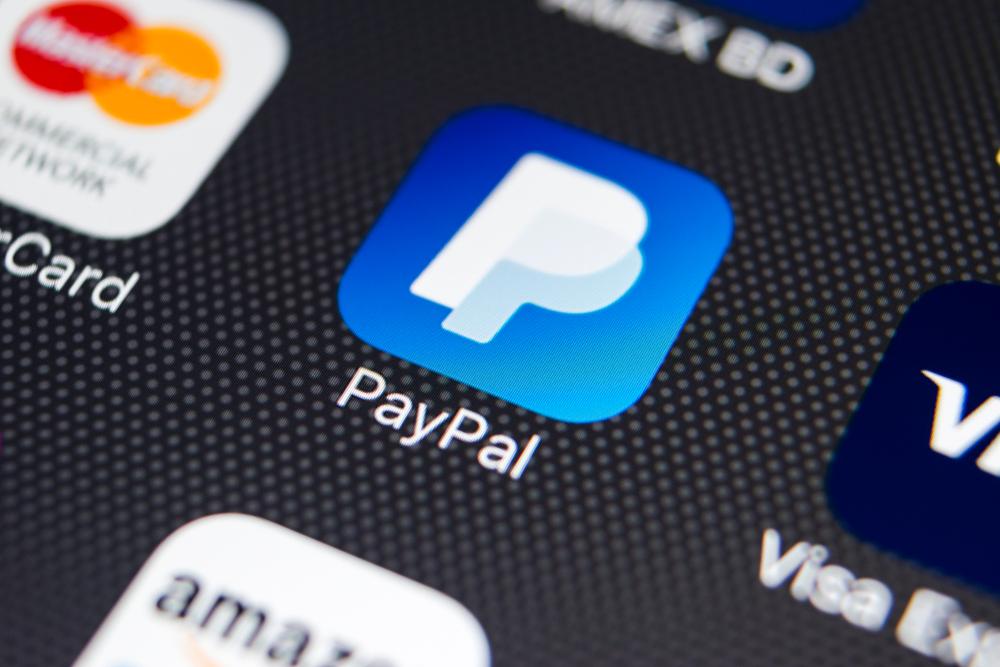PayPal will back the Swedish fintech company Tink in a €10 million investment.
Launched in 2012 with the aim of improving banking, Tink began with a consumer app which has today become a platform that provides tools to users in order to “let anyone build the future of financial services across Europe,” its website reads.
Based in Stockholm, the fintech company allows banks and other fintech start-ups to obtain financial data with more ease.
The investment will be used to expand its current team, develop more products and establish connections with other banks, according to Reuters. This investment follows the €56 million raised earlier this year in February from investors, including Insight Venture Partners.
Tink currently has 150 employees serving 9 European markets from two offices.
According to Tink’s Chief Executive and Co-Founder, Daniel Kjellén, “this is where the market is heading.”
“You see two mega trends in banking: a move from analog to digital and from closed to open,” the Chief Executive and Co-Founder continued.
Fintech, short for financial technology, is the technology that competes with the more traditional financial methods in the delivery of financial services. Technology is used as a a method to improve financial services and the activities that occur in the sector.
Elsewhere in fintech, Klarna Bank, another Swedish company, recently received an investment from the American singer, rapper, record producer, television personality, entrepreneur and actor, Snoop Dogg. Snoop Dogg’s investment firm, Casa Verde, previously added cannabis companies to its portfolio, but also decided to purchase a stake in the Swedish fintech start-up.
In the UK, fintech companies such as Crowd Cube, Monzo and PayBase are leading the way, with Funding Circle (LON:FCH) being the first UK fintech company to be listed on the London Stock Exchange.
As of 18:22 GMT -4 Monday, shares in PayPal Holdings Inc (NASDAQ:PYPL) were last trading at -3.85%.




